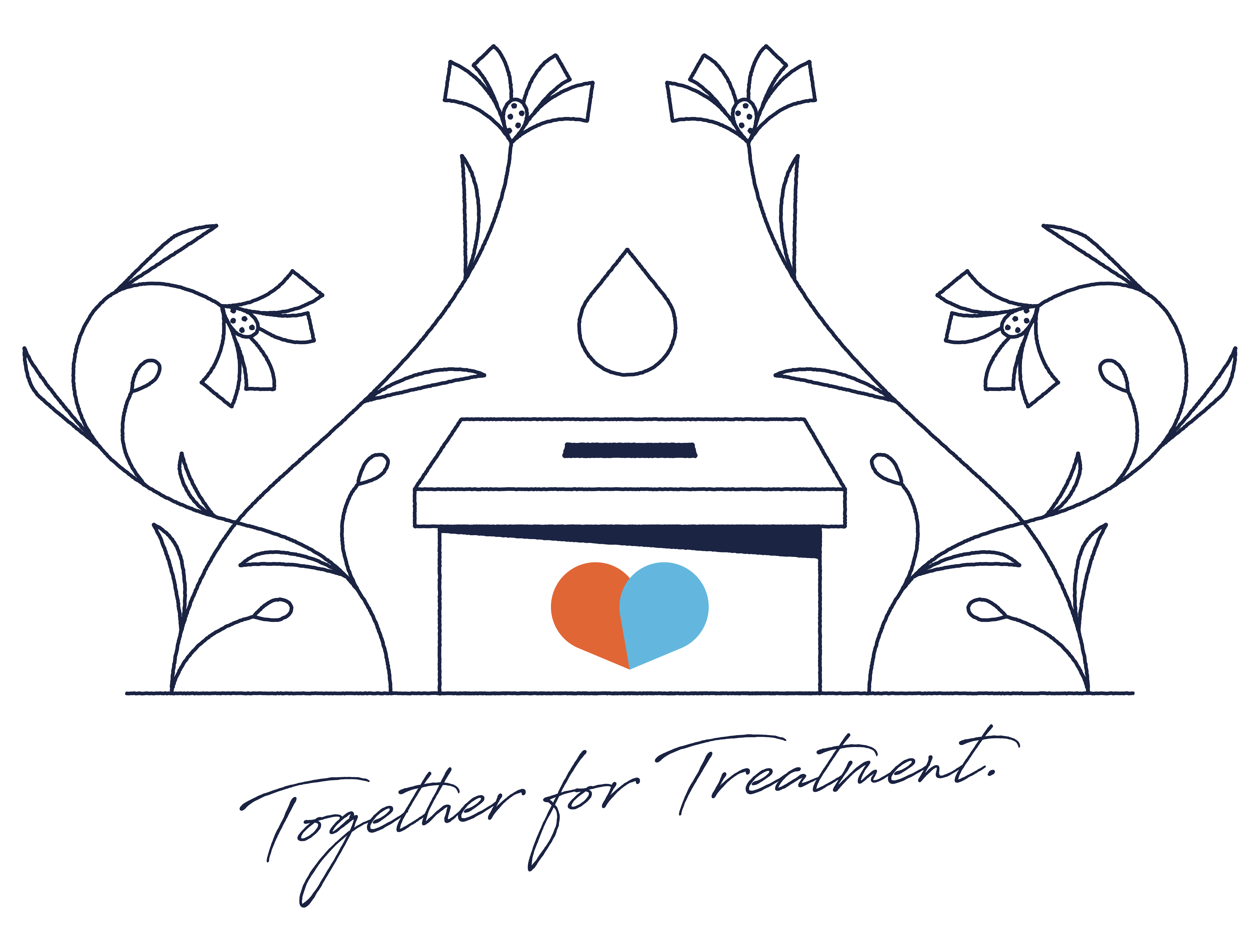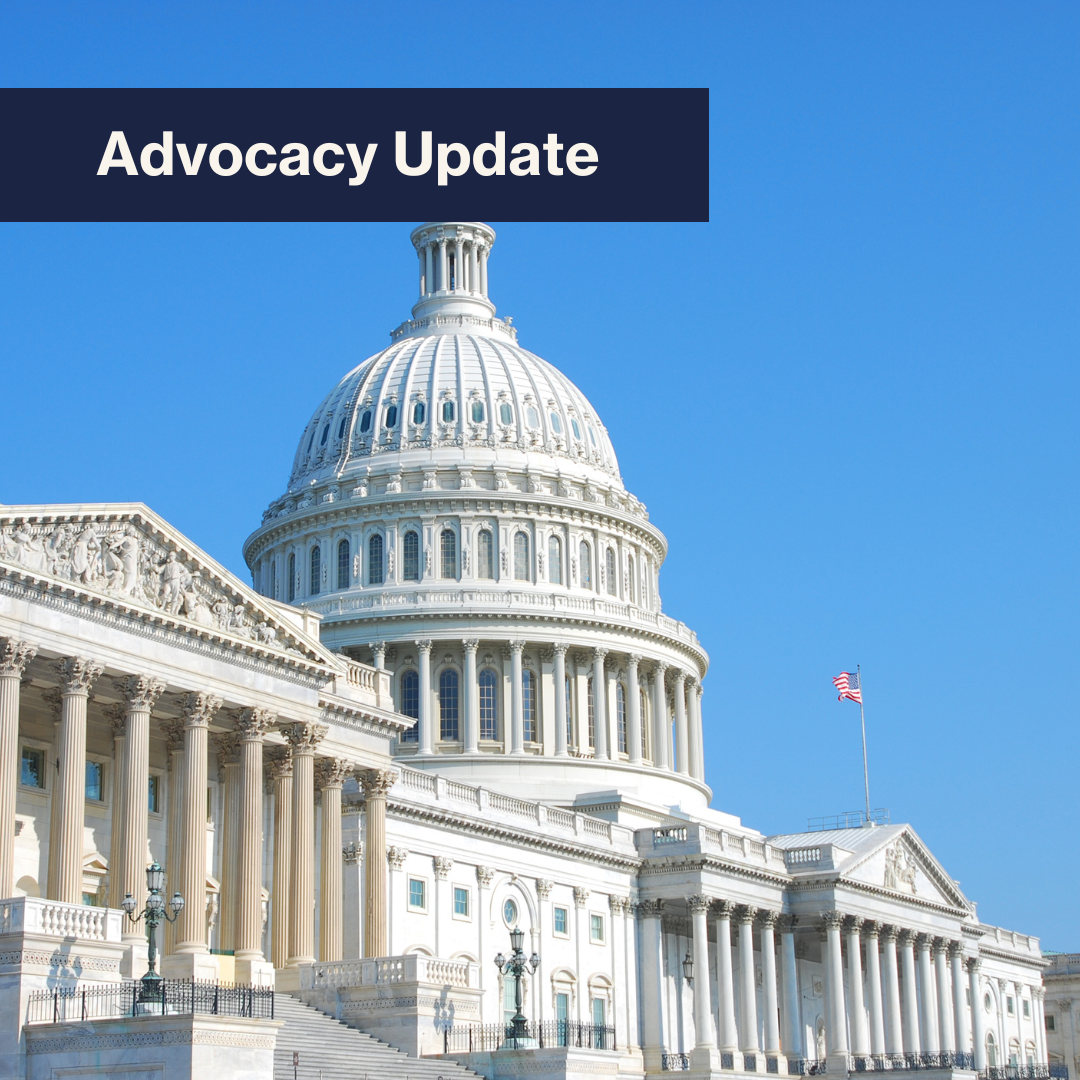The start of 2023 has been a busy one for the Infusion Access Foundation Advocacy Team. As a national organization, we advocate for patients on both the federal and state levels and work with coalitions and partners across the country. From our work with the New England-focused Patients for Prescription Access Coalition to helping the California All Copays Count Coalition and non-medical switching efforts, our work spans across the U.S. (Wisconsin All Copays Count, Iowa non-medical switching efforts, Utah All Copays Count, New Mexico All Copays Count, PBM reform and Share the Savings efforts in numerous states, Safe Step Act Coalition, Texas Coalition for Stable Patients…just to name a few). As a patient-driven organization, we do our best to remain abreast of the issues ailing infusion warriors in every state and the laws that could protect from further harm.
Texas All Copays Count Coalition
While our focus remains national, with our headquarters in Austin, Texas, the Infusion Access Foundation found itself uniquely positioned to serve as a non-profit lead for the Texas All Copays Count Coalition. Given that copay accumulator programs affect a tremendous number of patients with diverse health conditions, including patients who rely on infusion treatments, we were eager to be a member of the coalition’s leadership. From the start, we worked hard to debunk myths about “all copays count” legislation.
For years, health plans have argued that drug manufacturers are “gaming” the system by offering copay assistance. Insurers claim that drug companies are attempting to drive more business to higher cost drugs by offering financial assistance. However, the bill our coalition is backing, as well as any other “all copays count” legislation, still allows health plans to control which drugs are covered in the first place. The money a patient spends on a non-covered or non-formulary treatment has never counted towards a patient’s deductible or out-of-pocket maximum, and it likely never will under our current healthcare system. Patients and providers are not choosing therapies based on which medications have an assistance program, they are choosing a therapy based on their medical condition and whether or not it is covered by their insurance plan. In other words, copay assistance follows coverage rather than driving it. Perhaps the worst part of these programs is that they are being applied to patients for which there is no existing dispute over the medical necessity of the drug they are taking – even when there are other offered alternatives. Therefore, making the argument that copay assistance steers patients to more expensive drugs is entirely flawed.
HB 999
As HB 999 introduced by Representative Four Price currently stands, it would prevent plans from using copay accumulator programs on treatments that do not have a generic equivalent (or interchangeable biological product) with an exception for treatments that patients have already received prior authorization, have gone through step therapy, or have successfully completed an appeals process. And as most infusion and injectable patients know, starting a biologic is almost universally associated with experiencing one of the three, and the majority (79%) of brand name drugs with eligible copay assistance do not have a generic equivalent.
Since the beginning of the year, the Texas All Copays Count Coalition has made it their mission to educate lawmakers on the importance of passing “all copays count” legislation and to debunk myths associated with copay assistance along the way. On January 25, the coalition held a Lunch & Learn on Patient-Centered Care at the Texas Medical Association, where Infusion Access Foundation Advocacy Director Kindyl Boyer moderated a Q&A for Texas staffers and state lawmakers. Supported by over 50 patient and provider organizations, the event successfully covered the importance of addressing barriers to care through HB 999 and non-medical switching legislation. The event was followed by a Patient Access Advocacy Day at the Texas capitol on February 28, where a dozen patient advocates from around the state, including members of both the All Copays Count Coalition and Coalition for Stable Patients, brought their voices to the capitol.

Hill Day
Infusion Access Foundation met with eight different offices advocating for the passage of both HB 999/SB 1576 and HB 826/SB 1221. We discussed how copay assistance increases treatment adherence, leading to better health outcomes and more productive lives. We noted how despite insurers’ false claims that copay assistance programs have increased premiums for Texans, premium increases have been consistent among states that have enacted copay accumulator bans and states that have not. Numerous patients wrote to lawmakers and Infusion Access Foundation Advocacy Director, Kindyl Boyer testified in support of HB 999 at a public hearing Thursday, March 23, sharing a story regarding a patient who has been negatively impacted by a copay accumulator program only last month. Megan R. was receiving weekly infusions for years, using copay assistance to cover part of the cost, only to be told last month that their assistance no longer counts toward their deductible, and they will now owe their full deductible from here on out.

Take Action!
Your support continues to be paramount to the passage of this bill. Please write to your Texas lawmakers using this link today. If you are interested in getting more involved, please email us directly at advocacy@patientaccess.org.









